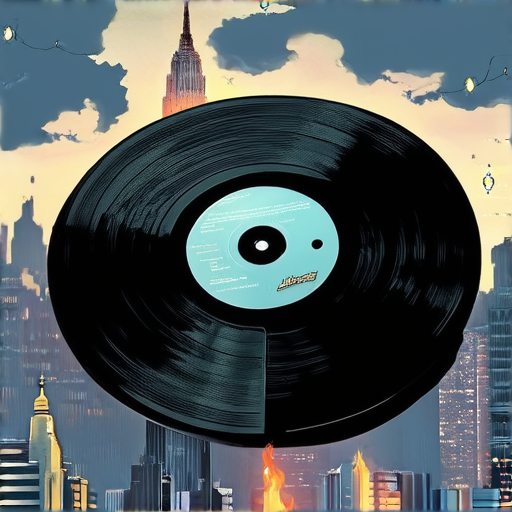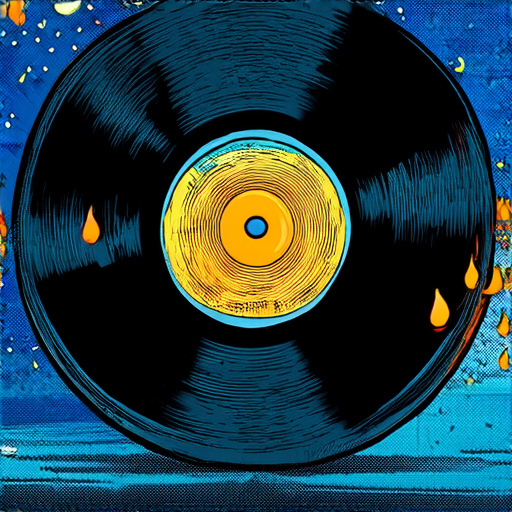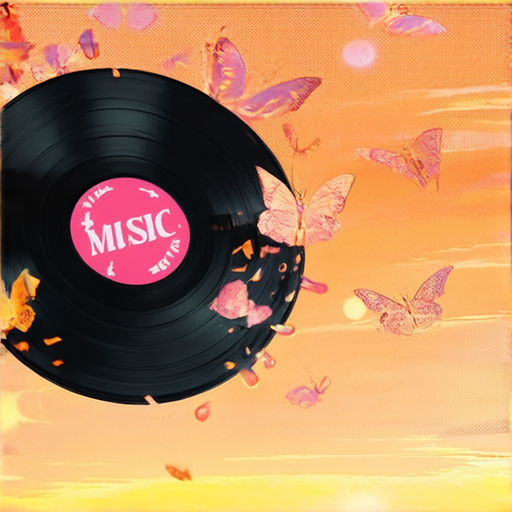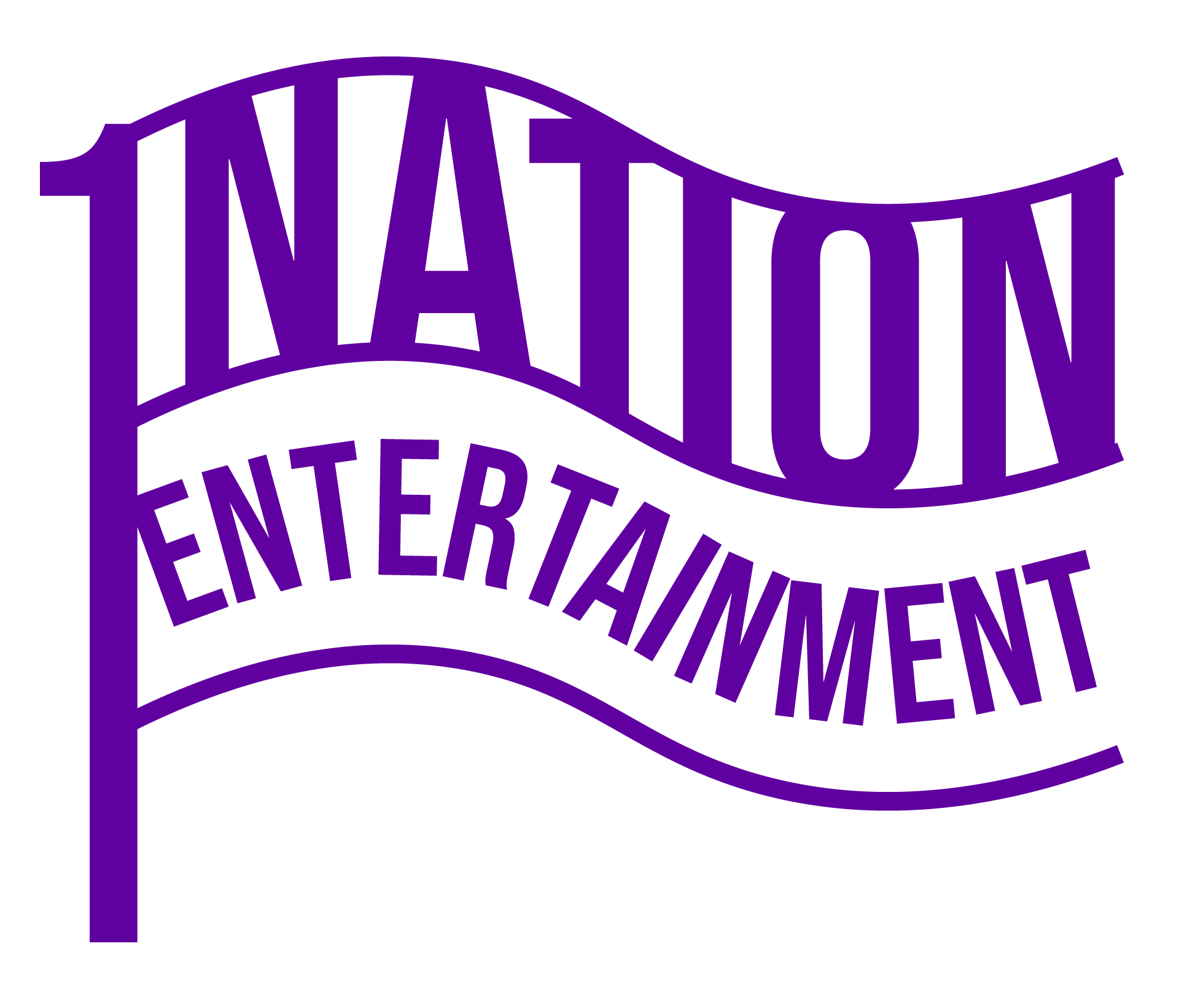For emerging artists and music lovers alike, navigating the ever-changing landscape of the music industry can be daunting. With the rise of streaming services and social media, it’s easy to get lost in the noise and struggle to get your music heard. One often-overlooked resource for breaking into the scene is music blogs – websites dedicated to showcasing new talent, sharing expert opinions, and providing a platform for artists to connect with fans.

Are Music Blogs Still a Thing?
In recent years, there has been a resurgence of interest in music blogging, with many platforms emerging to cater to the growing demand for music-related content.
- The rise of social media has made it easier for musicians to connect with fans and share their work, but music blogs continue to play a vital role in promoting emerging talent and providing in-depth coverage of the music industry.
- With the proliferation of online platforms, music bloggers can now reach a wider audience and monetize their content through advertising, sponsorships, and affiliate marketing.
Why Music Blogs Matter
- They provide a unique perspective on the music industry, often focusing on niche genres or emerging artists that may not receive mainstream attention.
- Music blogs offer a platform for musicians to showcase their work and gain exposure to a wider audience, which can lead to increased visibility and opportunities for collaboration or touring.
- By featuring in-depth reviews, interviews, and features, music blogs help to foster a deeper understanding and appreciation of music among fans, encouraging critical thinking and engagement with the art form.
Competitors in the Music Blogosphere
- Pitchfork is a well-established music blog that covers a wide range of genres and styles, offering in-depth reviews, interviews, and features.
- Stereogum is another prominent music blog that focuses on indie rock, electronic, and hip-hop, with a strong emphasis on emerging artists and underground scenes.
- Consequence of Sound is a music blog that covers a broad spectrum of genres, from pop and rock to electronic and hip-hop, with a focus on album reviews, live performances, and festival coverage.
Monetizing Music Blogs
- Advertising and sponsored content remain popular revenue streams for music bloggers, who can partner with brands to promote products or services relevant to the music industry.
- Affiliate marketing and product placements can also generate income for music bloggers, particularly those with large followings or influence within specific niches.
- Some music bloggers opt for subscription-based models, offering exclusive content or early access to new releases in exchange for a monthly fee.
Conclusion
Music blogs continue to thrive in the digital age, providing a vital platform for emerging artists, music enthusiasts, and industry professionals alike. By leveraging social media, online advertising, and innovative revenue streams, music bloggers can build successful careers and contribute to the rich tapestry of music culture.
Discovering Music Blogs to Submit Your Work
We’re always looking for new ways to share our passion for music with the world.
-
Research Online Communities
-
Explore Social Media Platforms
-
Check Out Music Blog Directories
-
Network with Other Musicians
-
Read Music Industry News
Start by searching online communities like Reddit’s r/music and r/WeAreTheMusicMakers, where musicians and music enthusiasts gather to discuss various aspects of the music industry.
Look for social media platforms like Instagram, Twitter, and Facebook, where music bloggers and influencers often share their favorite artists and tracks.
Visit directories like Music Blog Directory, Indie Music Blog, and The Music Blog Network, which list thousands of music blogs across various genres.
Attend concerts, festivals, and music conferences to connect with other musicians, promoters, and industry professionals who can introduce you to potential submission opportunities.
Stay up-to-date with the latest music industry news and trends by reading publications like Billboard, Rolling Stone, and Pitchfork.
Submission Guidelines
When submitting your work to music blogs, make sure to follow these guidelines:
-
Research the Blog’s Genre and Style
-
Follow Submission Instructions
-
Be Professional and Patient
Ensure that your music aligns with the blog’s genre and style to increase your chances of getting featured.
Carefully read and follow the blog’s submission instructions, which may include sending a press kit, streaming links, or a brief bio.
Treat every submission opportunity with professionalism and patience, as it may take time for the blogger to review and respond to your submission.
Additional Tips
To maximize your chances of getting featured on music blogs, consider the following tips:
-
Build Relationships with Bloggers
-
Optimize Your Online Presence
-
Develop a Press Kit
Nurture relationships with bloggers by engaging with their content, commenting on their posts, and sharing their work on social media.
Ensure that your website, social media profiles, and streaming platforms accurately reflect your music and brand identity.
Create a professional press kit that includes high-quality images, bios, and promotional materials to showcase your music and personality.

The Most Popular Music Review Site
We’re often asked which music review site is the most trusted and widely followed.
- Pitchfork is indeed one of the largest and most influential music websites globally, known for its in-depth analysis and genuine reviews of various artists and genres.
- NME (New Musical Express) is another prominent music publication that provides readers with the latest news, reviews, and features on emerging and established artists.
- Rolling Stone is a well-established music magazine that covers a broad spectrum of music-related topics, including artist interviews, album reviews, and concert coverage.
- 1 Nation Entertainment is a digital platform dedicated to delivering the latest news, trends, and insights in the music and entertainment industry, offering readers a unique perspective on emerging artists and cultural trends.
Each of these platforms has its own strengths and loyal followings, making it challenging to pinpoint a single “best” music review site.
- Key Features: Pitchfork stands out for its comprehensive music database, featuring reviews, ratings, and recommendations for various artists and albums.
- Content Quality: NME excels in providing high-quality content, including in-depth interviews, live reviews, and feature pieces on emerging talent.
- Brand Recognition: Rolling Stone boasts a rich history and iconic status in the music industry, making it a go-to source for music enthusiasts worldwide.
- Digital Presence: 1 Nation Entertainment offers a modern take on music journalism, leveraging social media and online engagement to connect with readers and promote emerging artists.
Ultimately, the choice between these music review sites depends on individual preferences and interests.
Whether you’re looking for in-depth analysis, breaking news, or simply want to stay informed about the latest developments in the music industry, there’s a platform out there for everyone.
At 1 Nation Entertainment, we strive to deliver the highest quality content, staying true to our mission of promoting emerging artists and celebrating the diversity of the music scene.
By exploring these leading music review sites, you’ll gain a deeper understanding of the music landscape and discover new artists, styles, and perspectives to enrich your listening experience.
So why wait? Dive into the world of music journalism and explore the many wonders that await you!

Getting Noticed as a New Music Artist
In today’s competitive music industry, getting noticed can be challenging, but there are several strategies that can increase your chances of success.
-
Develop a Strong Online Presence
-
Network and Collaborate
-
Produce High-Quality Content
-
Engage with Fans and Build a Community
-
Promote Your Music through Social Media and Email Marketing
-
Get Featured on Music Blogs and Websites
-
Perform Live Shows and Open Mics
-
Utilize Music Distribution Platforms
-
Run Social Media Contests and Giveaways
-
Partner with Brands and Influencers
Create a professional website and social media profiles to showcase your music, share updates, and engage with fans.
Attend music festivals, concerts, and industry events to connect with other musicians, promoters, and industry professionals.
Record high-quality demos, singles, and EPs to share with industry professionals and potential fans.
Respond to comments, messages, and emails from fans, and encourage them to share your music with others.
Share behind-the-scenes content, sneak peeks, and exclusive deals to keep fans engaged and excited about your music.
Reach out to music bloggers and influencers to request features, interviews, and reviews of your music.
Play live shows, open mics, and showcases to gain exposure, build a fanbase, and develop your stage presence.
Distribute your music through platforms like Spotify, Apple Music, and TikTok to reach a wider audience.
Host contests, giveaways, and Q&A sessions to engage with fans, increase visibility, and drive traffic to your website.
Collaborate with brands, influencers, and other artists to access new audiences, promote your music, and build credibility.
Additional Tips:
Stay up-to-date with the latest music trends, attend workshops and conferences, and continuously work on improving your craft.
Be patient, persistent, and authentic in your approach, and always remember to stay true to your artistic vision.
Optimal Song Releases for New Artists
We’ve discussed how often you should release music before, but let’s dive deeper into what works best for new artists.
-
Monthly Releases
Releasing one song per month can be a great strategy for new artists. This allows you to consistently produce and share new content with your audience, which can help keep them engaged and interested in your music.
-
Quarterly Releases
Another approach is to release music quarterly, which gives you more time to focus on producing high-quality tracks and promoting your releases effectively.
-
Seasonal Releases
You could also consider releasing music seasonally, aligning your releases with holidays or special events that are relevant to your target audience.
-
Consistency Over Quantity
While releasing music regularly is important, consistency is key. Prioritize quality over quantity and focus on producing music that resonates with your audience.
-
Experiment and Adapt
As a new artist, it’s essential to experiment with different release strategies and adapt to what works best for your unique situation. Pay attention to your analytics and adjust your approach accordingly.
Ultimately, the frequency of your releases depends on various factors, including your production schedule, marketing efforts, and audience engagement. By finding the right balance between quality and quantity, you can establish a strong presence in the music industry and attract a loyal fan base.

Getting Noticed as a New Artist
In today’s competitive music scene, getting noticed as a new artist can be challenging.
- Develop a Strong Online Presence: Create a professional website and social media profiles to showcase your music, share updates, and engage with fans.
- Network and Collaborate: Attend concerts, festivals, and workshops to meet other musicians, producers, and industry professionals who can help you grow your career.
- Produce High-Quality Content: Invest in good recording equipment and software to produce high-quality music that showcases your unique sound and style.
- Engage with Fans: Respond to comments, messages, and emails from fans to build a loyal following and encourage word-of-mouth promotion.
- Promote Your Music: Use social media, email marketing, and online advertising to reach a wider audience and promote your music to potential fans.
- Get Featured on Relevant Platforms: Reach out to music bloggers, influencers, and tastemakers to get featured on popular platforms like Spotify, Apple Music, and YouTube Music.
- Participate in Music Contests and Competitions: Enter reputable music contests and competitions to gain exposure, feedback, and potentially win prizes or recognition.
- Build Relationships with Industry Professionals: Network with record labels, managers, and publicists to learn about opportunities and get advice on how to advance your career.
- Stay Up-to-Date with Industry Trends: Follow music industry news, attend conferences, and participate in online forums to stay informed about the latest developments and best practices.
- Be Persistent and Patient: Success rarely happens overnight, so be prepared to put in the time and effort required to build a loyal fanbase and achieve your goals.
By following these steps, you can increase your chances of getting noticed as a new artist and building a successful music career.
Additional Tips:
- Utilize Email Marketing: Build an email list and send regular newsletters to keep fans engaged and informed about your music and upcoming shows.
- Optimize Your Website for SEO: Ensure your website is optimized for search engines to improve visibility and attract organic traffic.
- Engage with Other Artists: Collaborate with fellow musicians, producers, and DJs to co-create music, share knowledge, and build relationships within the industry.
- Offer Exclusive Content: Provide incentives for fans to join your mailing list or become a patron by offering exclusive content, early access, or behind-the-scenes insights.
- Host Live Events: Organize concerts, workshops, or masterclasses to connect with fans, promote your music, and build a loyal following.
Conclusion:
Getting noticed as a new artist requires dedication, hard work, and a well-thought-out strategy.
By focusing on developing a strong online presence, networking, producing high-quality content, engaging with fans, promoting your music, and staying up-to-date with industry trends, you can increase your chances of success and build a loyal fanbase.
Remember to always be persistent, patient, and open to learning and growth, and you’ll be well on your way to achieving your music career goals.
